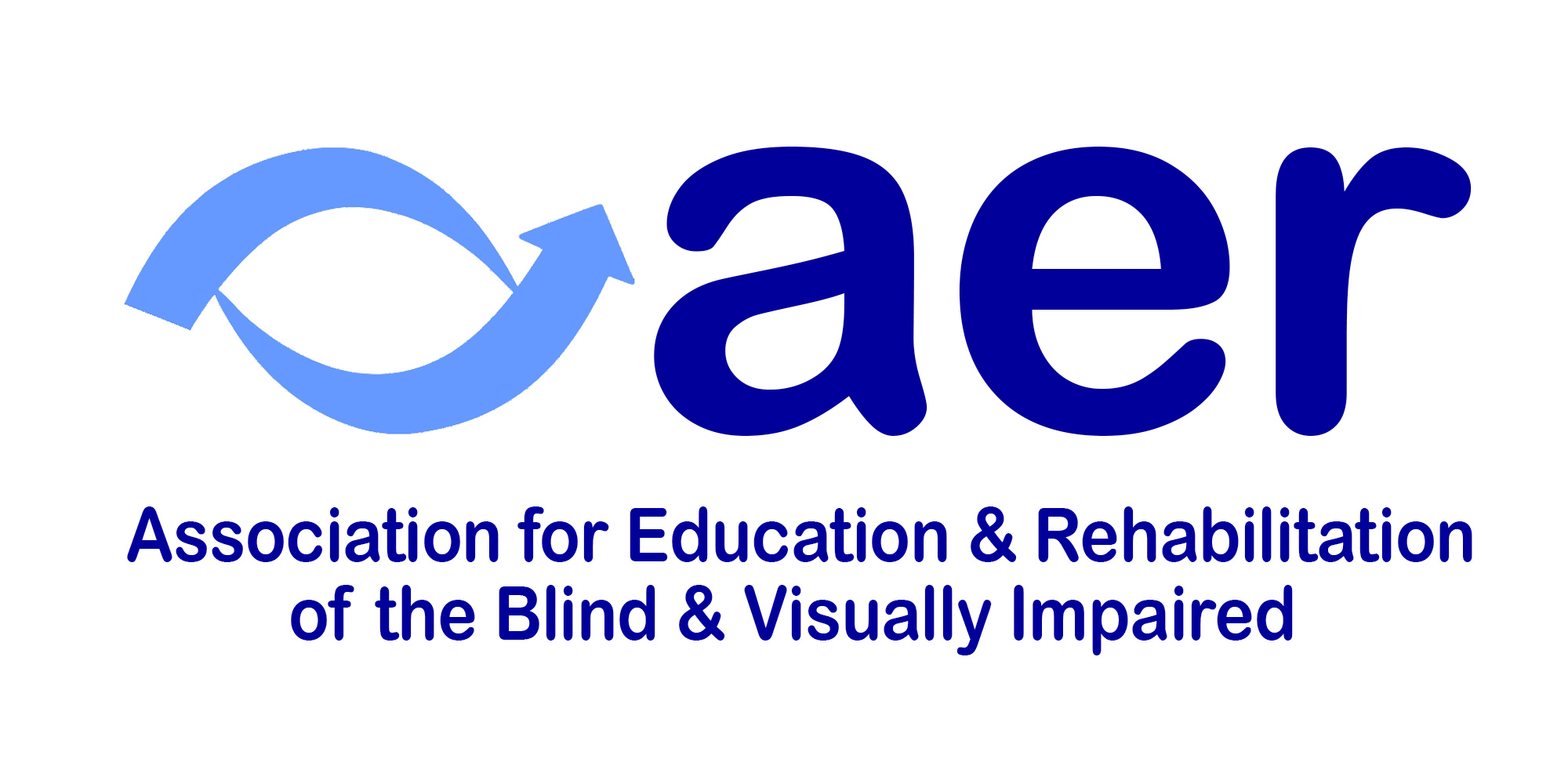What are the Vision Professions?Certified Assistive Technology Instructional Specialist (CATIS) - An assistive technology specialist for the blind and visually impaired focuses on enhancing the independence and quality of life for individuals with visual impairments using specialized technologies. Their role involves assessing clients' needs, recommending appropriate devices and software, and providing training on how to use these tools effectively. They stay updated on the latest assistive technologies, which may include screen readers, magnification software, braille displays, and adaptive devices. Additionally, specialists work collaboratively with educators, rehabilitation professionals, and families to create tailored solutions that support clients in various environments, such as home, school, and the workplace. Ultimately, they aim to empower individuals to navigate their world more effectively and confidently. Certified Low Vision Therapist (CLVT) - The CLVT uses functional vision evaluation instruments to assess visual acuity, visual fields, contrast sensitivity function, color vision, stereopsis, visual perceptual and visual motor functioning, literacy skills in reading and writing, etc. as they relate to vision impairment and disability. The CLVT also evaluates work history, educational performance, ADL and IADL performance, use of technology, quality of life and aspects of psychosocial and cognitive function. They instruct in the use of prescribed low vision devices. Certified Orientation & Mobility specialist (COMs) - An orientation and mobility specialist is trained to help individuals, particularly those with visual impairments, develop skills for independent travel and navigation in various environments. They assess a person’s mobility needs and create personalized plans that may include teaching techniques for safe travel, using mobility aids like canes, and enhancing spatial awareness. Specialists provide instruction on route planning, understanding environmental cues, and utilizing public transportation. They also advocate for accessibility and educate communities about the challenges faced by individuals with visual impairments, promoting inclusive practices. Overall, O&M specialists empower individuals to confidently navigate their surroundings and improve their quality of life. Certified Rehabilitation Counselor for the Blind (CRCB) - A rehabilitation counselor for the blind and visually impaired assists individuals in adapting to vision loss and achieving personal and professional goals. They provide assessments to understand clients' needs and capabilities, develop personalized rehabilitation plans, and offer counseling to enhance coping skills. These counselors also facilitate access to resources, such as training in mobility, assistive technologies, and job placement services. Their role is to empower clients, fostering independence and enhancing their quality of life through skill development and support. Certified Teacher of the Visually Impaired (CTSVI) - A teacher of students who are visually impaired specializes in educating students with visual impairments, helping them develop skills for academic success and daily living. They adapt lessons to accommodate different learning styles and use specialized tools and technology, such as Braille and assistive devices. These teachers also provide guidance in orientation and mobility, teaching students how to navigate their environments safely. They collaborate with other educators, families, and specialists to create inclusive learning experiences and support each student's unique needs. Additionally, they promote self-advocacy and independence, fostering confidence in their students. Certified Vision Rehabilitation Therapist (CVRT) – A vision rehabilitation therapist specializes in helping individuals with visual impairments adapt to their condition and maintain independence. They assess the client’s needs and develop personalized training programs that focus on enhancing remaining vision, teaching orientation and mobility skills, and facilitating the use of assistive technology. Therapists also provide guidance on daily living skills, such as cooking and personal care, and offer emotional support to help clients cope with the challenges of vision loss. Their goal is to empower clients to lead fulfilling lives despite their visual limitations.
|
